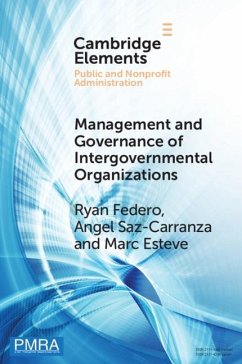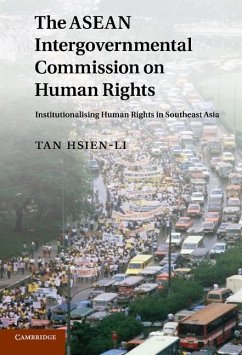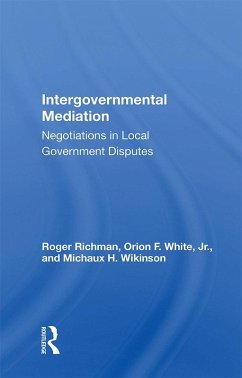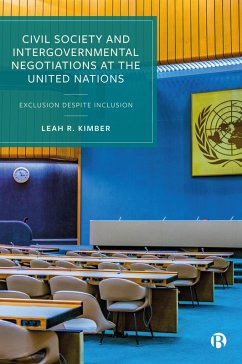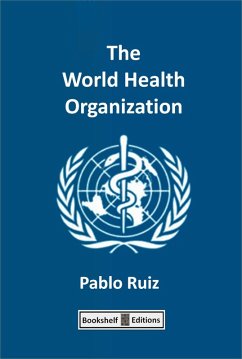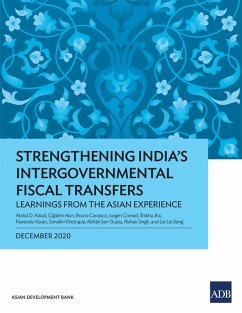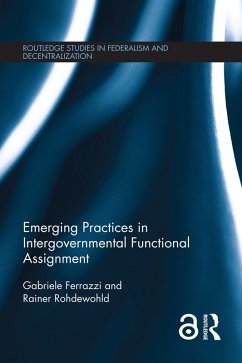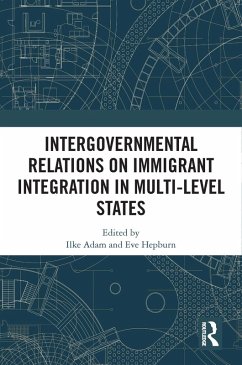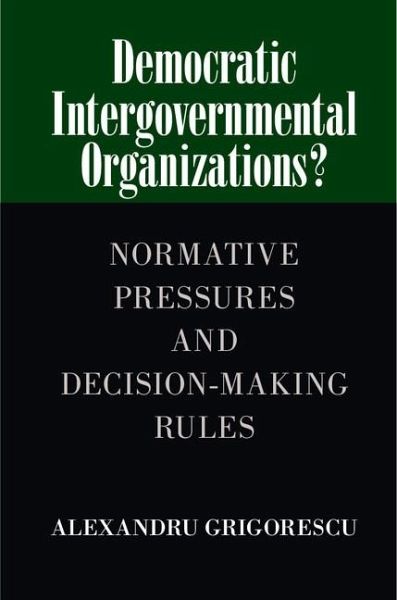
Democratic Intergovernmental Organizations? (eBook, ePUB)
Normative Pressures and Decision-Making Rules

PAYBACK Punkte
9 °P sammeln!
This work posits that, over the past two centuries, democratic norms have spread from domestic politics to intergovernmental organizations (IGOs). Grigorescu explores how norms shaped IGO decision-making rules such as those driving state participation, voting, access to information, and the role of NGOs and transnational parliaments. The study emphasizes the role of 'normative pressures' (the interaction between norm strength and the degree to which the status quo strays from norm prescriptions). Using primary and secondary sources to assess the plausibility of its arguments across two centuri...
This work posits that, over the past two centuries, democratic norms have spread from domestic politics to intergovernmental organizations (IGOs). Grigorescu explores how norms shaped IGO decision-making rules such as those driving state participation, voting, access to information, and the role of NGOs and transnational parliaments. The study emphasizes the role of 'normative pressures' (the interaction between norm strength and the degree to which the status quo strays from norm prescriptions). Using primary and secondary sources to assess the plausibility of its arguments across two centuries and two dozen IGOs, the study focuses on developments in the League of Nations, the International Labor Organization, the United Nations, the World Bank, the European Union, and the World Trade Organization.
Dieser Download kann aus rechtlichen Gründen nur mit Rechnungsadresse in A, B, BG, CY, CZ, D, DK, EW, E, FIN, F, GR, HR, H, IRL, I, LT, L, LR, M, NL, PL, P, R, S, SLO, SK ausgeliefert werden.




